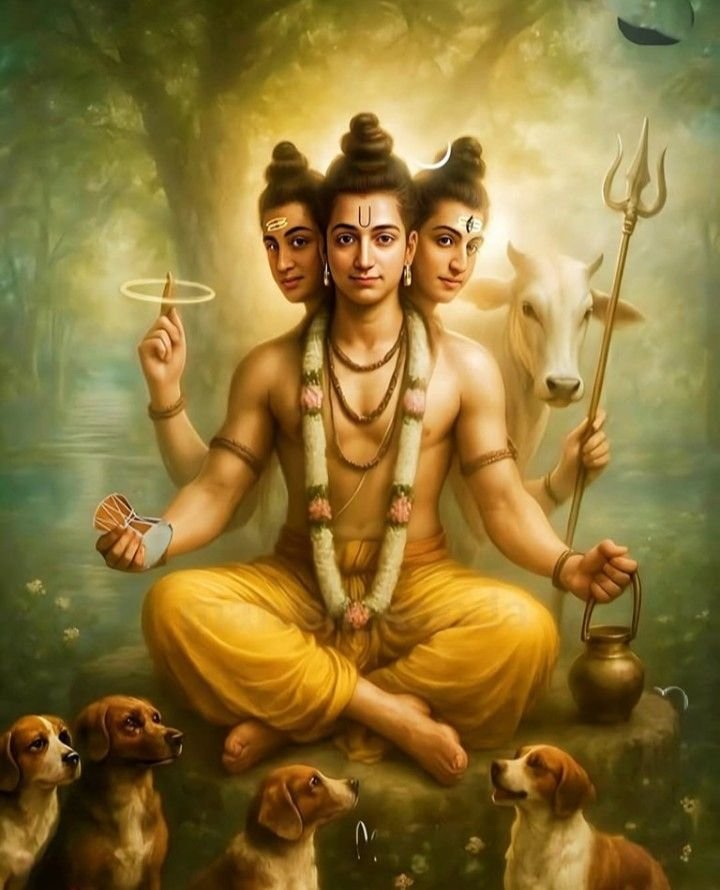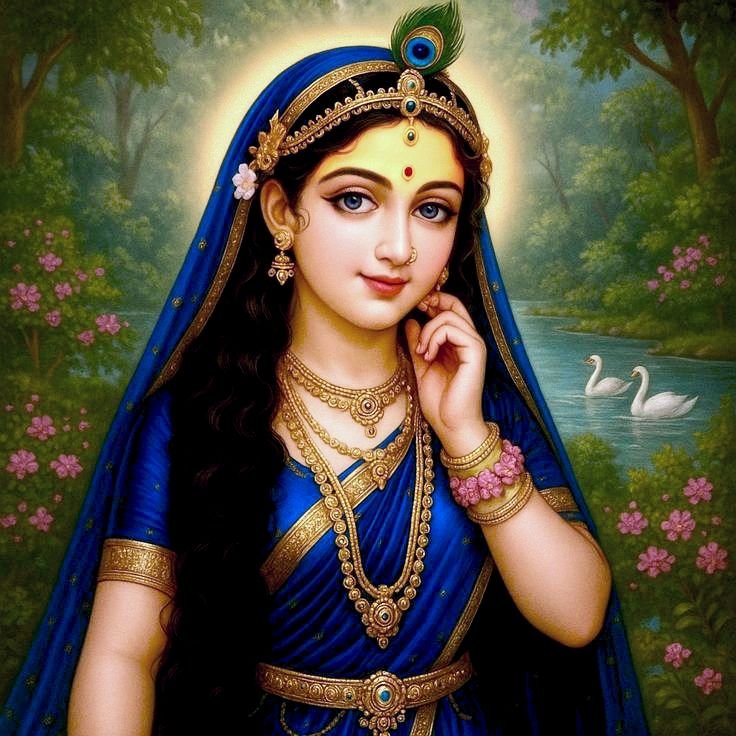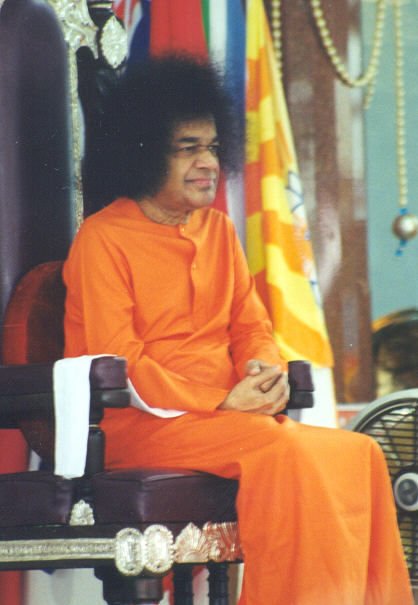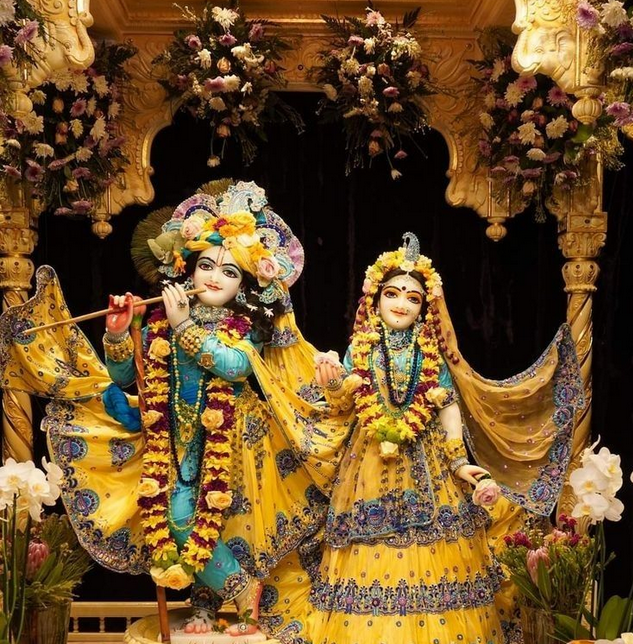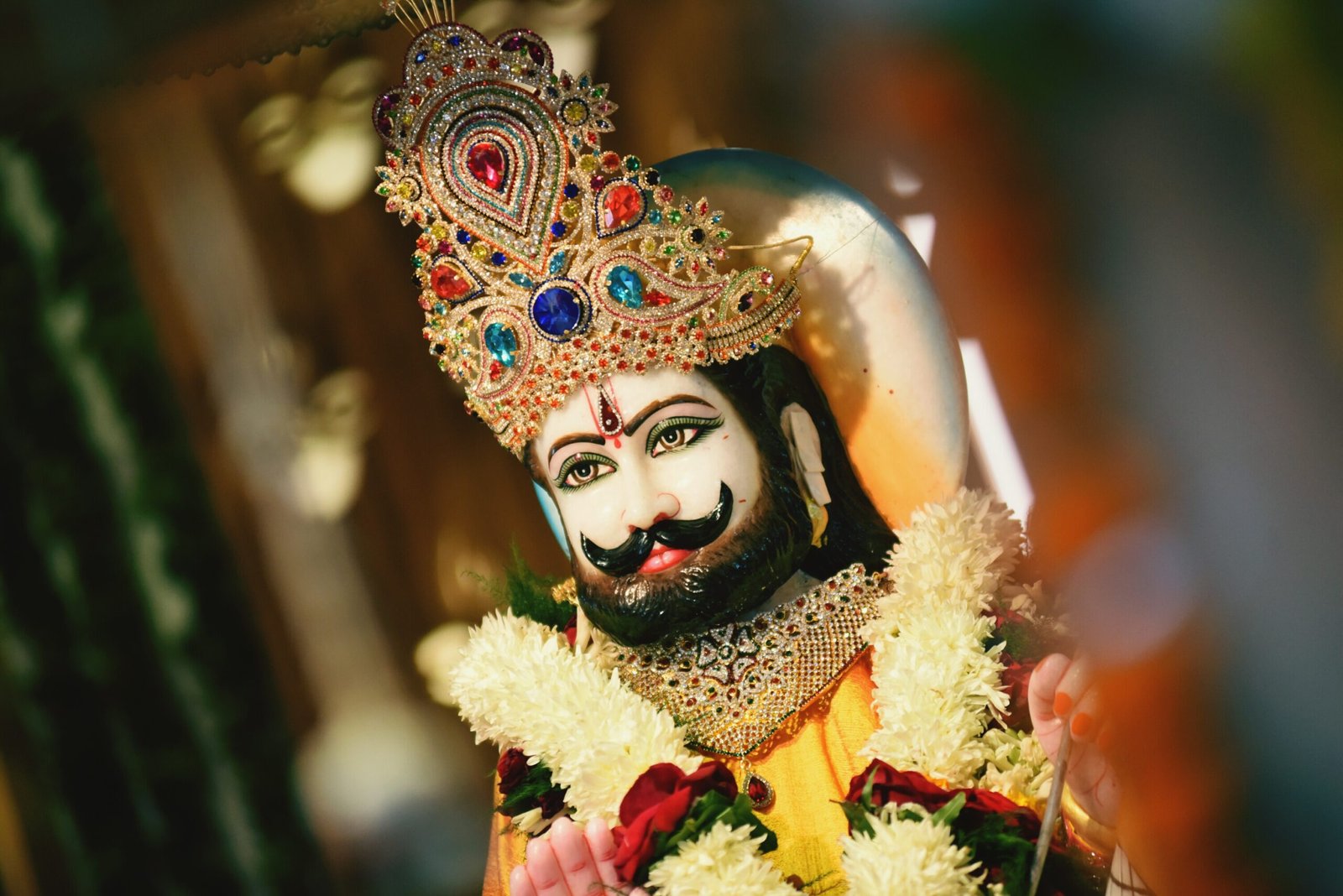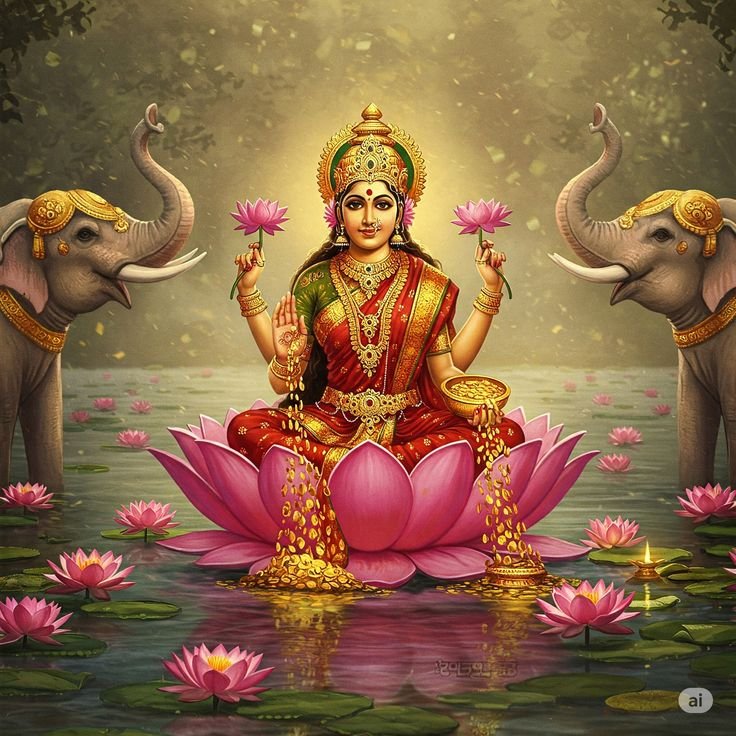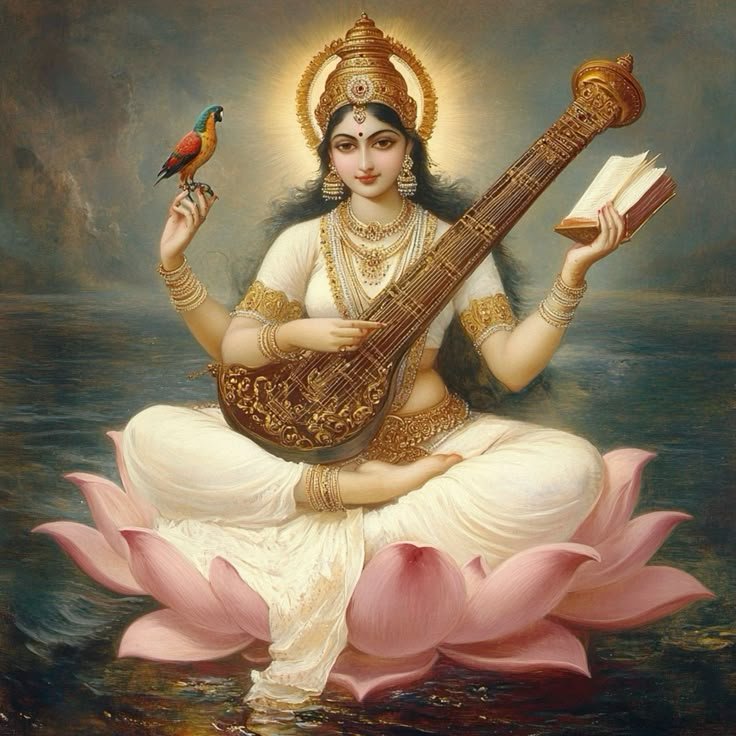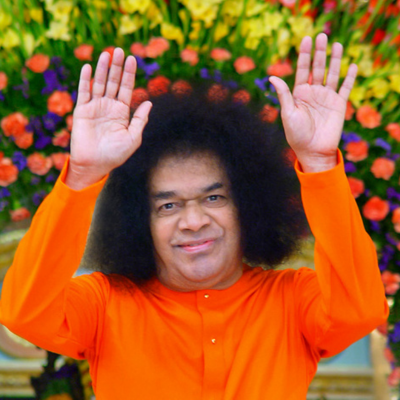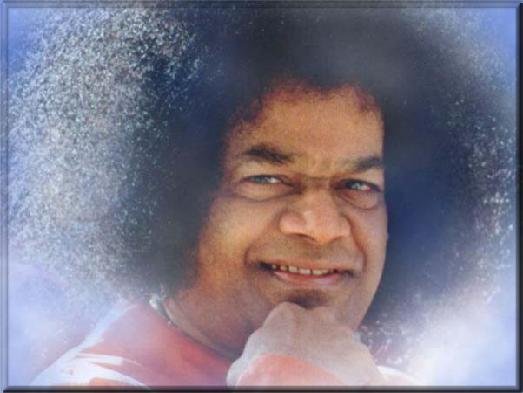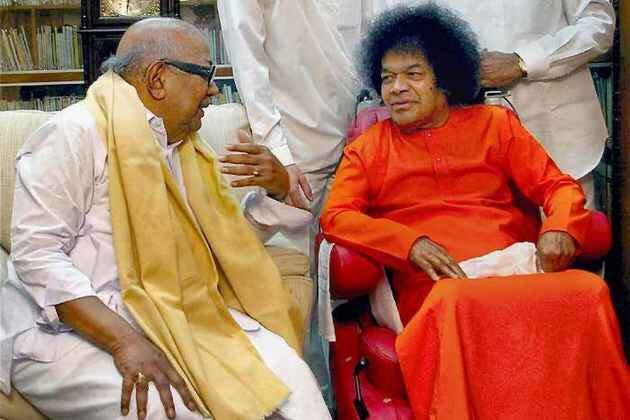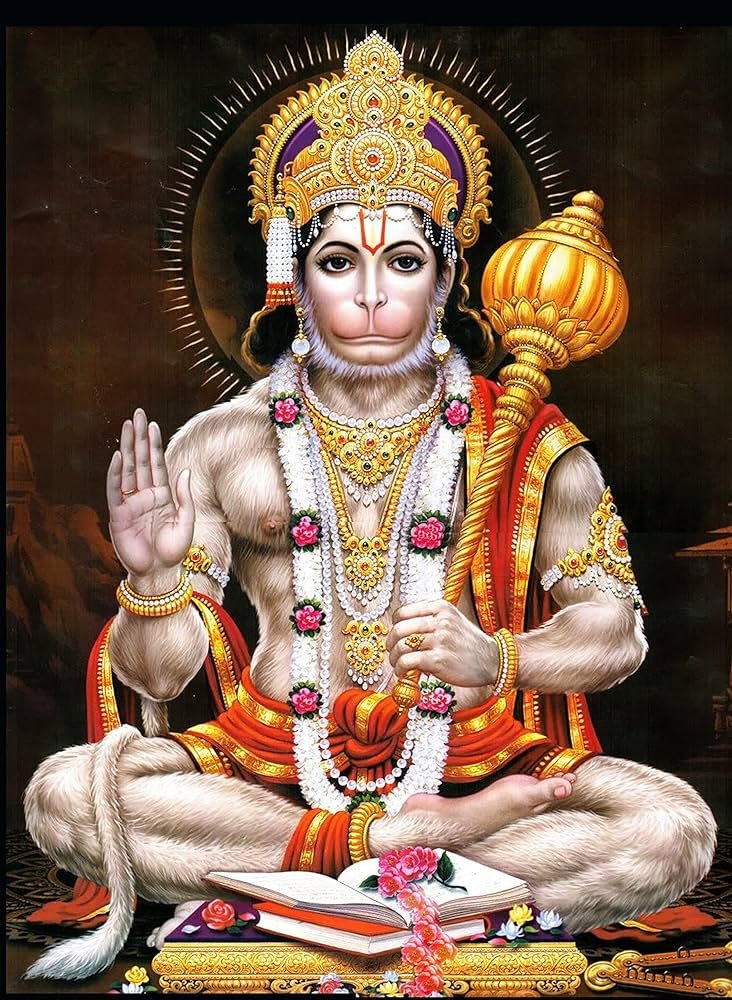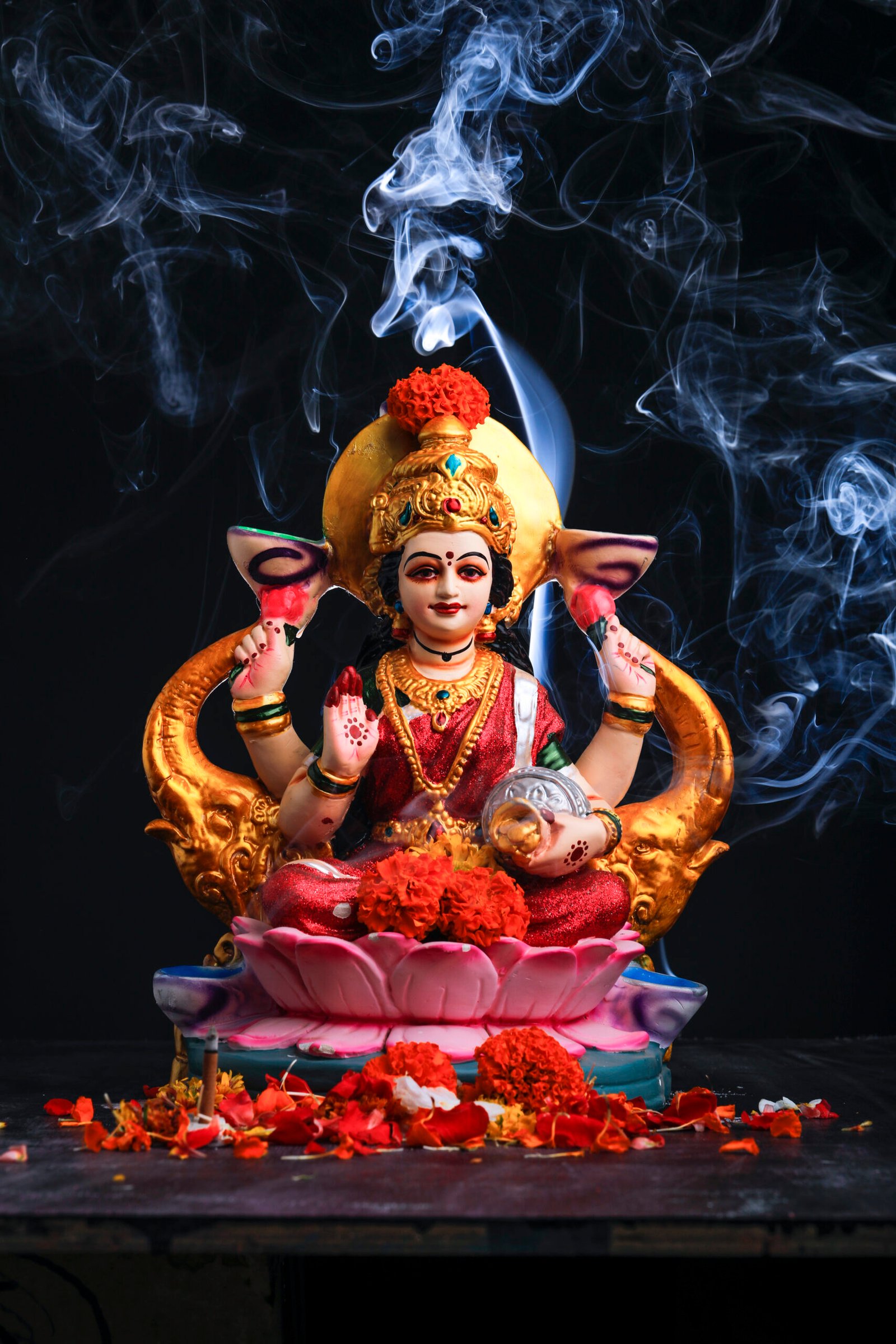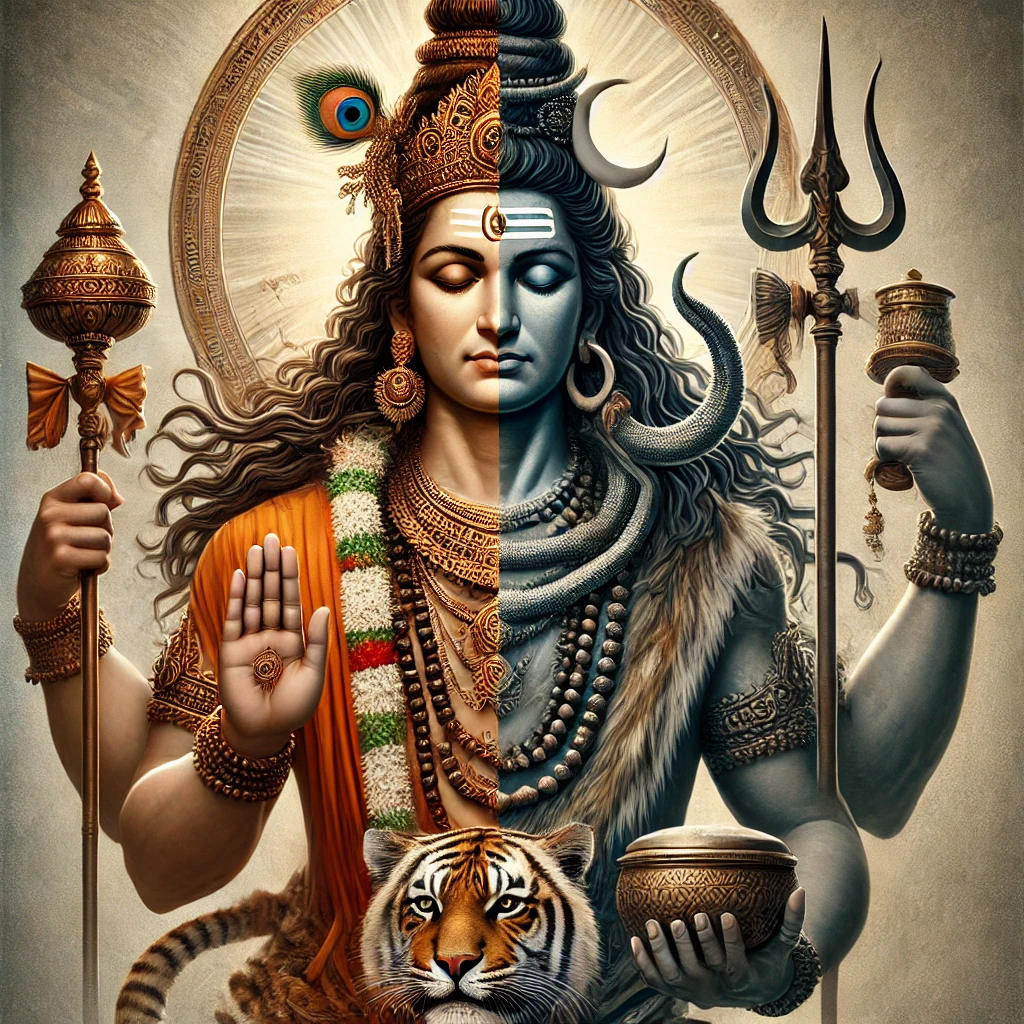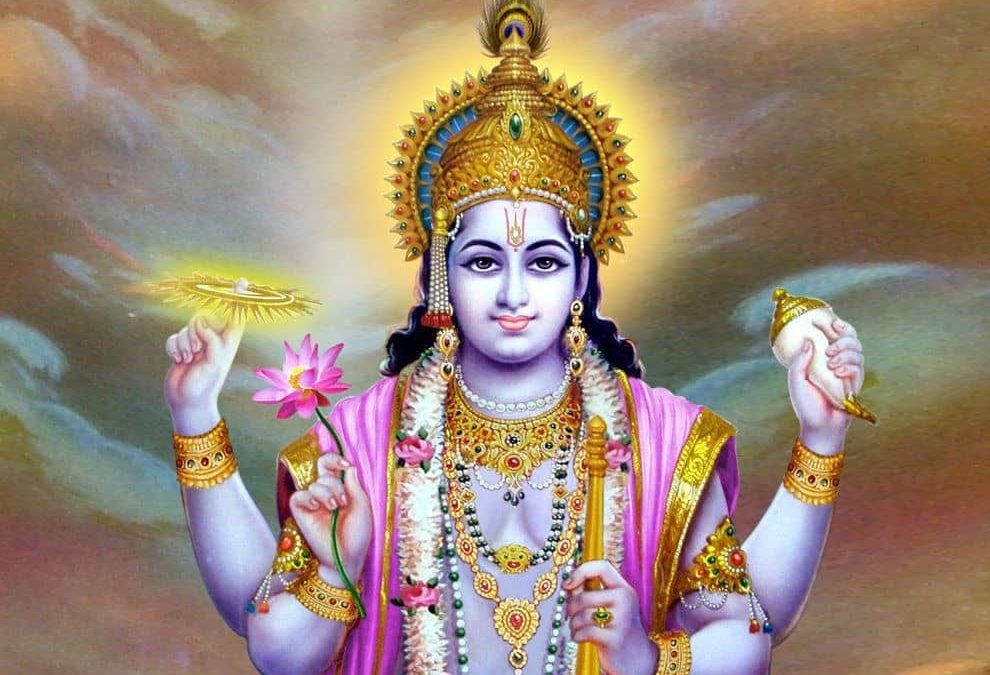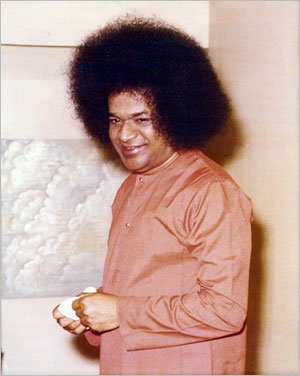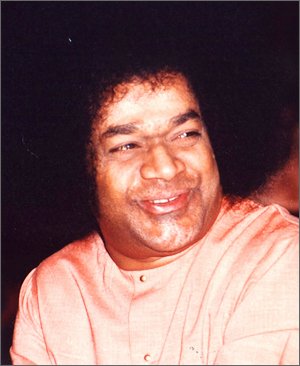Shankha Smriti
Shankha Smriti
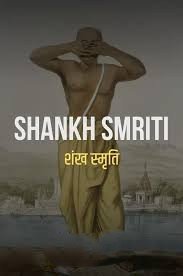
The Śaṅkha Smriti is one of the 18 principal Dharma Smritis and is attributed to Sage Śaṅkha, a revered law-giver in ancient India. Along with the Likhita Smriti, it is often mentioned together as Śaṅkha-Likhita Smriti, since both were widely respected in questions of law, social conduct, and penances. Unlike the more expansive Smritis such as Manu or Yājñavalkya, the Śaṅkha Smriti is shorter and practical in orientation, focusing mainly on daily conduct, ritual rules, social order, and penances (prāyaścitta) rather than elaborate judicial procedures.
The content of the Śaṅkha Smriti covers a wide range of topics, including rules of purity and impurity, duties of householders, marriage regulations, inheritance, laws relating to property, funeral rites, conduct of women, and ethical duties of individuals. A large portion of the text is devoted to prāyaścitta (penances and expiations), prescribing ways of atonement for sins such as theft, falsehood, neglect of rituals, violence, and breach of caste duties. It emphasizes discipline, truthfulness, non-violence, devotion, and charity as essential virtues for maintaining dharma. Because of its strong focus on moral and religious conduct, Śaṅkha Smriti was especially valued by priests and householders for guiding domestic and ritual life.
In terms of significance, the Śaṅkha Smriti was highly regarded by later legal digest writers (Nibandhakāras), who frequently quoted it in their works. Although it did not become as dominant in royal courts as Yājñavalkya or Nārada Smriti, it was a trusted authority in matters of ritual purity, penance, and family law. Together with Likhita Smriti, it became an important source for defining the duties of individuals in everyday life. Today, the Śaṅkha Smriti is studied as part of the broader Dharmaśāstra tradition, valued for its emphasis on ethical discipline, religious observance, and social harmony, reflecting how ancient Indian society balanced law with spirituality.

